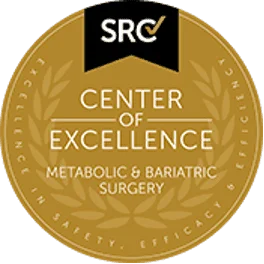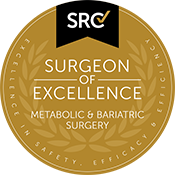Gastric cancer refers to the cancer of the stomach only and does not include the other organs in the abdomen. Cancer can occur in any part of the stomach. Stomach cancer are of different types depending on the cells of the stomach from which they originate such as hormone making cells, cells of the inner lining or the immunological cells of the stomach. Gastric cancers can spread to the other parts of the body (malignant). They first spread from the stomach to the lymph nodes and then further spread through the lymphatic system. In latter stages, it may spread to other organs such as liver, bones and lungs through blood.
Lymph nodes are the small kidney shaped structures which are the sites for formation of body’s defence cells lymphocytes. Lymph is a clear fluid that flows through lymph vessels and lymph nodes. The interstitial fluid (fluid found between the cells) bathes all the cells and carries excretory products, bacteria and viruses from the cells and helps remove them from the body’s tissues.
Treatment
Gastric cancer treatment depends on the type and the stage or spread of the cancer. Your age and general state of health is also important consideration by the doctor in determining the treatment modality. Treatment involves surgery, chemotherapy and radiation therapy. Surgery is the most common treatment for gastric cancer.
Surgery
Gastric cancer can spread to other tissues and organs therefore removal of the cancerous tissue is a must. Three kinds of surgeries are used to treat gastric cancer. The type of surgery depends on where the cancer is located and how deep the cancer cells have invaded the area in the stomach.
The three types of surgery for gastric cancer are:
- Endoscopic mucosal resection: It is done only when the cancer is detected at an early stage, where the chance of it spreading to lymph node is very less. In this procedure cancerous tissue is removed from the stomach using endoscope, a long flexible tube with the camera at the end. During the procedure an endoscope is passed through the mouth into the stomach and surgical tools are also passed through it to remove the cancerous tissue. The surgery is done using these tools and does not involve any cuts on the body.
- Subtotal gastrectomy: As the name suggests in this surgery a part of the stomach is removed. It is mostly used when the cancer is only in the lower part of the stomach or the upper part of the stomach. During the procedure only part of the stomach is removed, sometimes a part of the oesophagus is also removed along with it. Nearby lymph nodes may also be removed. The remaining part of the stomach is then reattached.
- Total gastrectomy:In this surgery the whole stomach is removed along with nearby lymph nodes. And new stomach is recreated by the small intestine. This is usually done when the cancer has spread to the whole of stomach. Sometimes nearby organs are also removed if the cancer has spread to them.
Chemotherapy and radiation may also be given after the surgery to kill the few cancer cells that may have left after the surgery and to prevent the recurrence of the disease.
Possible complications of surgery for stomach cancer include bleeding, formation of blood clots, and damage to nearby organs. You may also develop frequent heartburn, abdominal pain (especially after eating), and vitamin deficiencies.
After the surgery follow up is very important since the recurrence of the disease is a possibility. In case of any suspicion the doctor will ask for certain tests to confirm his findings. Absorption of vitamin B12 occurs through upper part of the stomach. If upper part of the stomach is removed by surgery Vitamin B12 levels are closely monitored and Vitamin B12 injections are given when required. The doctor may refer you to a nutritionist to plan your diet and you need to eat more often and small meals as the size of the new stomach is small.



